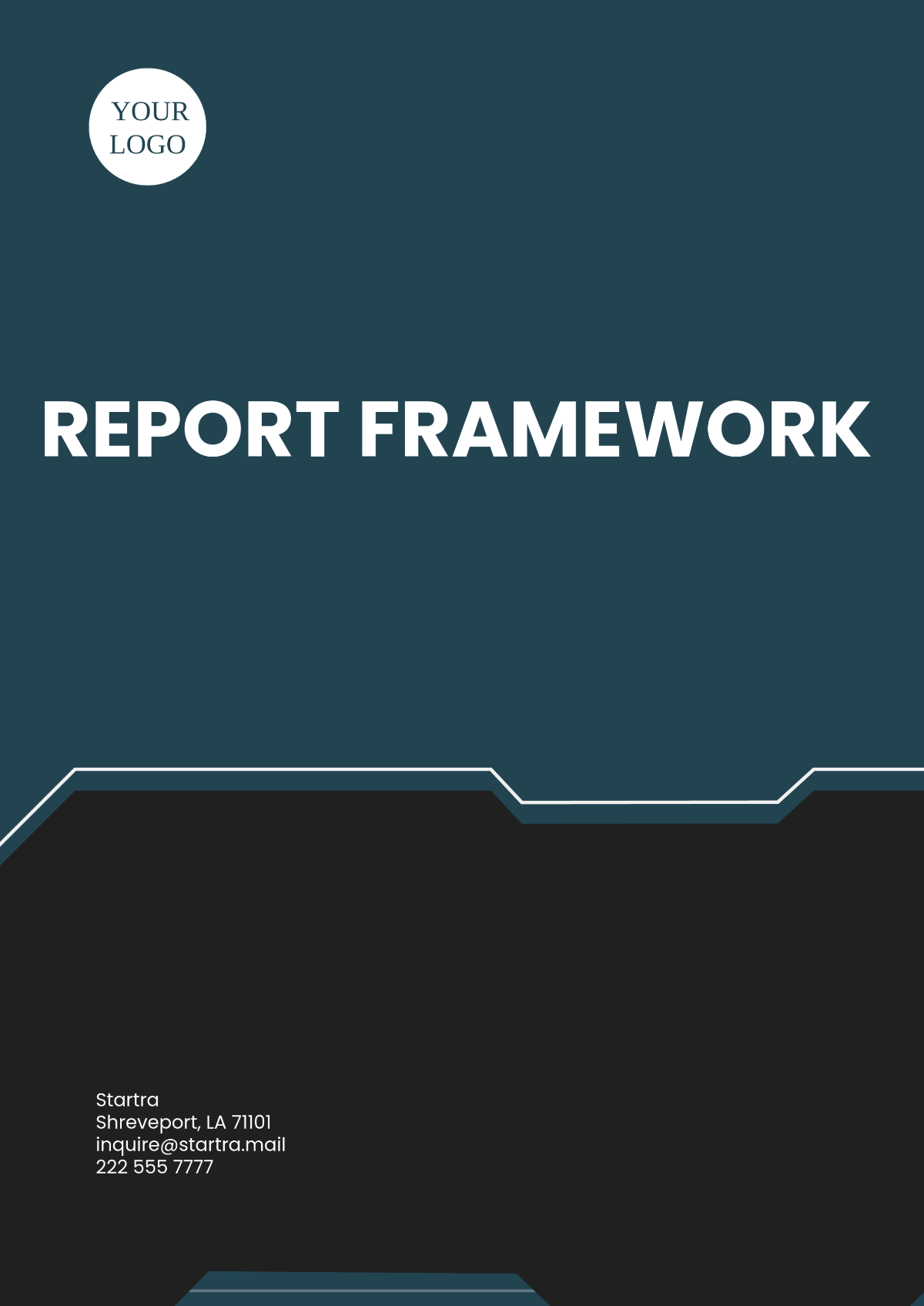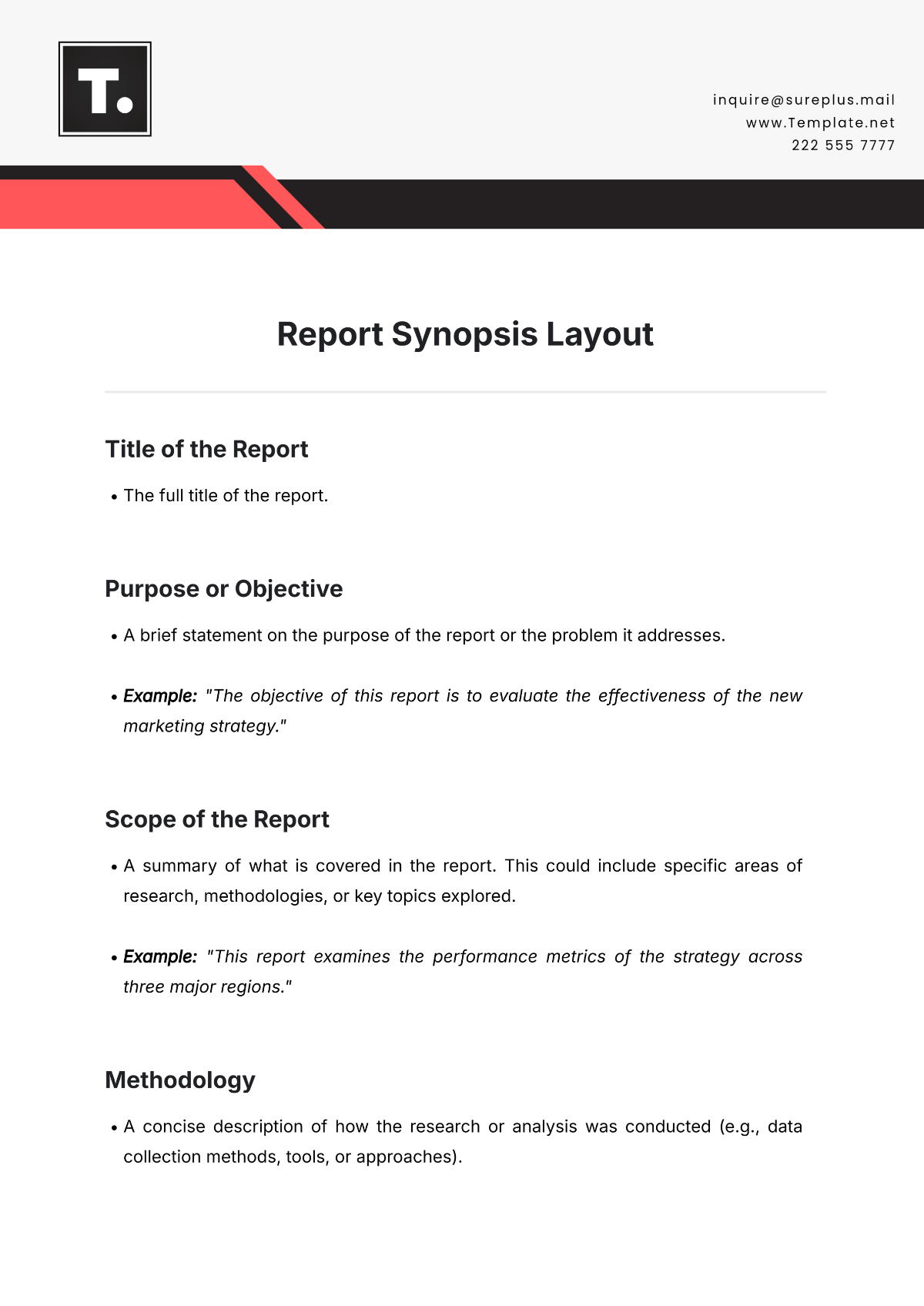Detailed Report Layout
Introduction
This Annual Market Analysis Report provides a comprehensive overview of the current market trends and projections for the upcoming fiscal year. The analysis is based on various data sources, including market research studies, economic indicators, and expert opinions.
Market Overview
Global Economic Context
The global economy has experienced significant shifts over the past year, influenced by both macroeconomic factors and local events. This section outlines the key economic indicators such as GDP growth rates, unemployment statistics, and inflation rates, providing a broad context for the market analysis.
Industry Trends
Several industries have shown robust growth potential, while others face challenges due to technological advancements and regulatory changes. Below is a summary of notable industry trends:
Technology: The ongoing digital transformation and rise of artificial intelligence are reshaping business operations.
Healthcare: Increased focus on personalized medicine and telehealth services.
Energy: Transition towards renewable energy sources continues to gain momentum.
Consumer Behavior
Changes in consumer behavior significantly impact market trends. Factors such as shifts towards e-commerce, sustainability preferences, and demand for personalized experiences are shaping the market landscape.
Market Segmentation
Market segmentation is crucial for identifying target audiences and tailoring marketing strategies accordingly. This section provides a detailed analysis of market segmentation based on demographics, geography, and psychographics.
Demographic Segmentation
Demographic segmentation considers factors such as age, income, and education level. The following table provides insights into demographic trends:
Demographic | Trends |
|---|---|
Age | Increasing influence of millennials and Gen Z. |
Income | Growing disparity affecting purchasing power. |
Education | Higher education levels leading to more informed consumer decisions. |
Geographic Segmentation
Markets vary significantly across regions. Geographic segmentation helps in understanding regional demands and tailoring products and services accordingly.
Psychographic Segmentation
Psychographic segmentation focuses on lifestyle, values, and personality traits. Understanding these factors helps businesses provide more personalized experiences to consumers.
Competitive Analysis
The competitive landscape has evolved, with new entrants challenging established players. This section evaluates the strengths and weaknesses of key competitors and the strategies they employ to maintain or enhance their market position.
SWOT Analysis
A SWOT analysis is instrumental in assessing company positioning within the market:
Strengths: Established brand reputation, large customer base.
Weaknesses: High operational costs, limited adaptability.
Opportunities: Expansion into emerging markets, collaboration with tech firms.
Threats: Intensifying competition, regulatory changes.
Market Share Analysis
This analysis delves into the market share of key players, providing insights into their relative positions and market dominance.
Projections and Forecast
In this section, we provide projections for the upcoming year based on current data trends and predictive modeling. These projections cover overall market growth, industry-specific forecasts, and potential challenges that may arise.
Growth Projections
Despite economic uncertainties, the market is expected to experience moderate growth, driven by technological innovations and consumer demand.
Industry-Specific Forecasts
Technology: Expected growth in IoT and cloud computing.
Healthcare: Expansion in digital health solutions.
Energy: Renewable energy adoption anticipated to increase significantly.
Challenges and Risks
Potential challenges include supply chain disruptions, geopolitical tensions, and cybersecurity threats. Preparedness and strategic planning are essential to mitigate these risks.
Conclusion
This report emphasizes the importance of staying informed about market trends and adapting strategies to maintain competitive advantage. Businesses should focus on innovation, consumer engagement, and agile operations to thrive in the dynamic market environment.




































